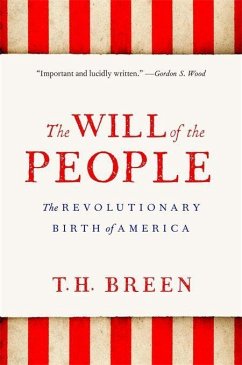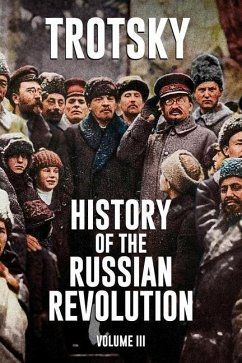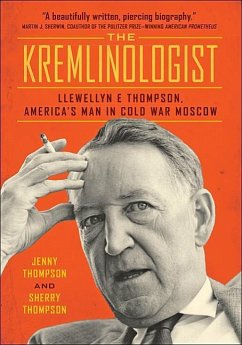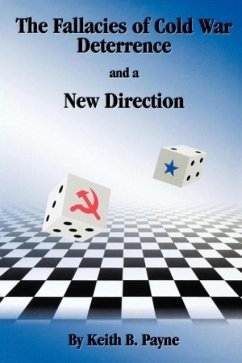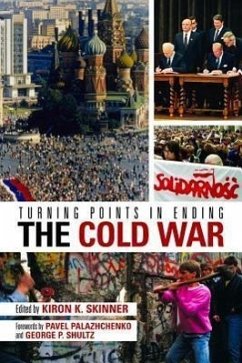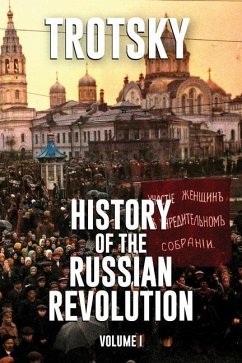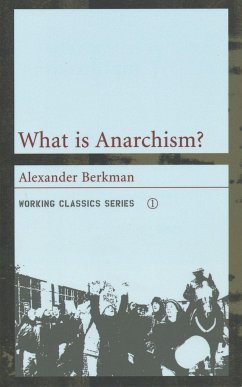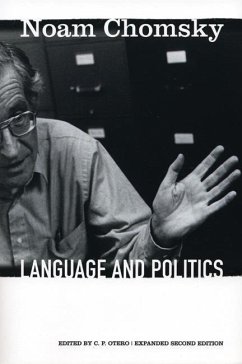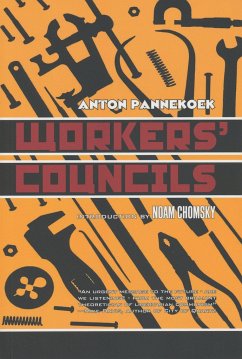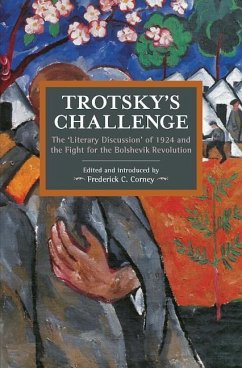Nicht lieferbar
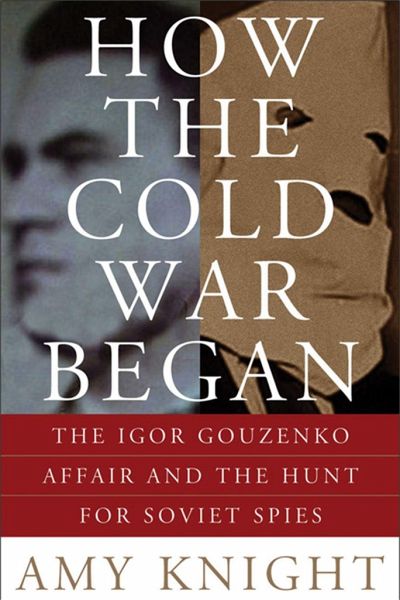
How the Cold War Began
The Igor Gouzenko Affair and the Hunt for Soviet Spies
Versandkostenfrei!
Nicht lieferbar
Just weeks after World War II had ended, a young cipher clerk named Igor Gouzenko walked out of the Soviet Embassy in Ottawa with secret papers stuffed under his shirt and headed straight for the offices of a city newspaper. His action would change the course of the twentieth century. Gouzenko's defection sent shockwaves through Washington, London, Moscow, and Ottawa. It was the first from a Soviet Embassy, and the smuggled documents, which suggested that agents in North America were feeding atomic secrets to Moscow, sparked a witch-hunt for spies, including not only Americans and Canadians, b...
Just weeks after World War II had ended, a young cipher clerk named Igor Gouzenko walked out of the Soviet Embassy in Ottawa with secret papers stuffed under his shirt and headed straight for the offices of a city newspaper. His action would change the course of the twentieth century. Gouzenko's defection sent shockwaves through Washington, London, Moscow, and Ottawa. It was the first from a Soviet Embassy, and the smuggled documents, which suggested that agents in North America were feeding atomic secrets to Moscow, sparked a witch-hunt for spies, including not only Americans and Canadians, but a leading British nuclear scientist, Allan Nunn May. FBI chief J. Edgar Hoover used Gouzenko's defection to demonize the Soviets and discredit the leftists in President Harry Truman's White House. All he had needed to push his agenda was evidence of spying, and Gouzenko delivered the goods. The FBI and the House Un-American Activities Committee used Gouzenko's revelations to go after Alger Hiss, Harry Dexter White, and many others. And all the while, infamous MI-5 double-agent Kim Philby kept his Soviet masters apprised. The Cold War had truly begun. In this first book to tell the Gouzenko story, Amy Knight uses newly declassified files as well as interviews with several of the key players to examine the substance of Gouzenko's revelations and delve into his hidden motives for defecting. She explains how Gouzenko was really a pawn in a much larger game. And she brilliantly connects these events to the hardening of relations between Moscow and the West, the practice of guilt by association, and the end of the movement for international control of the atomic bomb.




